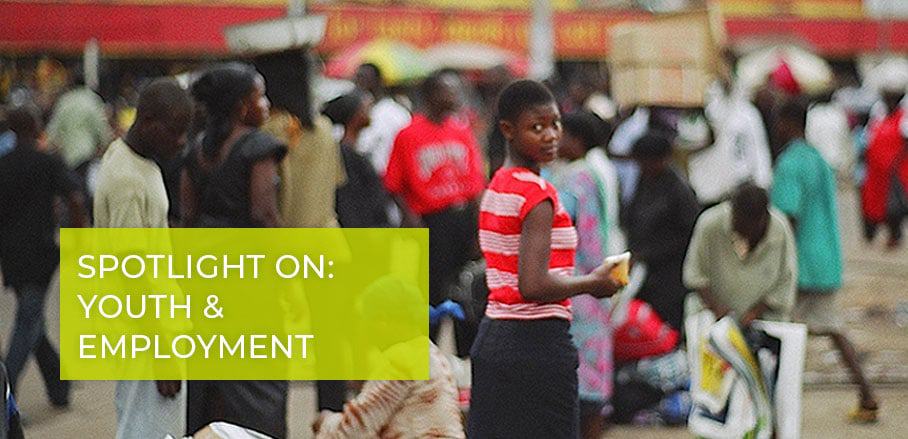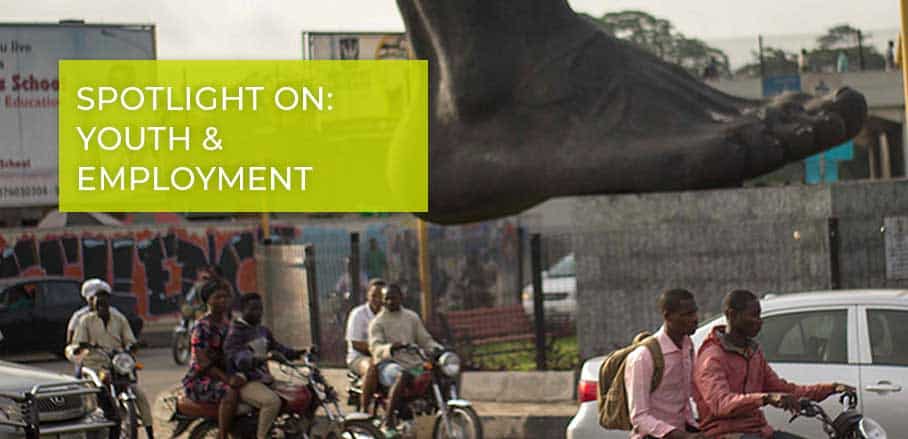The Right to Food: School Feeding Initiatives and Inequality in Kenya’s Urban Informal Settlements
Interconnected crises are fuelling food insecurity and negatively impacting children the most. Serah Kiragu-Wissler is convinced: School feeding programmes can push processes towards the realisation of a right to food.







